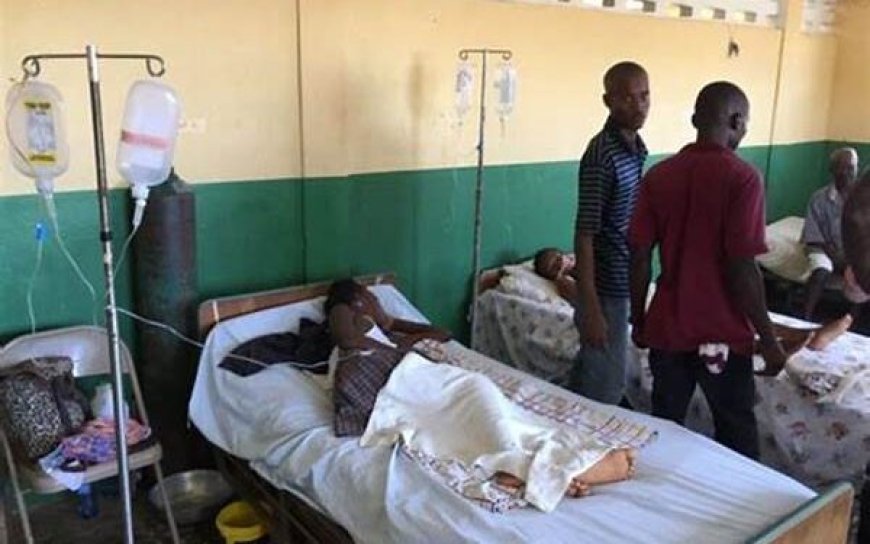Blame Government If Lives Are Lost - GRNMA

The Vice President of the Ghana Registered Nurses and Midwives Association (GRNMA), Samuel Alagkora Akologo, has urged the public to hold the government accountable if lives are lost amid the ongoing strike by nurses and midwives across the country. His comments follow a crucial meeting held between the Ministry of Health and the association which ended in a stalemate.
On Monday, June 9, the Ministry convened an emergency closed-door meeting with GRNMA executives and other key health stakeholders in an attempt to end the impasse and negotiate improved working conditions. The government cited budgetary constraints as the reason for its inability to meet the current demands of the nurses and midwives and consequently proposed to defer implementation of the association’s conditions of service to 2026.
Speaking to the media shortly after the meeting, Akologo expressed disappointment with the outcome, accusing the government of failing to prioritise the welfare of health professionals. He insisted the association’s stance has been justified, noting that their fears of neglect have now been confirmed.
“…Give us the best care and we can also give the best care and service to the people of Ghana. If we should lose a single life because of this agitation, it is the employers who should be held responsible, because what they are saying is that the health of Ghanaians is not important.
The employers of the health workers are treating us like people who do not even matter. When we started the process, people were lambasting us and saying that we should exercise patience. Today’s meeting has reaffirmed our earlier position that the employers do not intend to implement our conditions of service. We have been vindicated.”
The nationwide strike began after GRNMA accused the government of dragging its feet on implementing negotiated terms for better remuneration and improved working conditions. The Ministry of Health’s failure to secure funding in the 2025 budget for these terms has intensified tensions, despite initial calls for dialogue. With no resolution in sight, the industrial action continues to disrupt healthcare delivery across the country.







